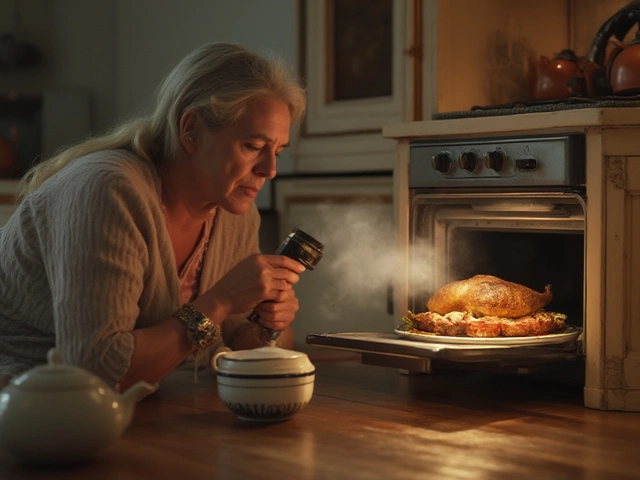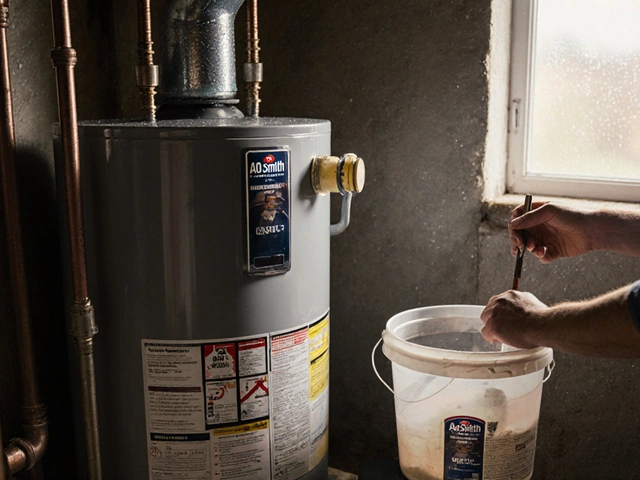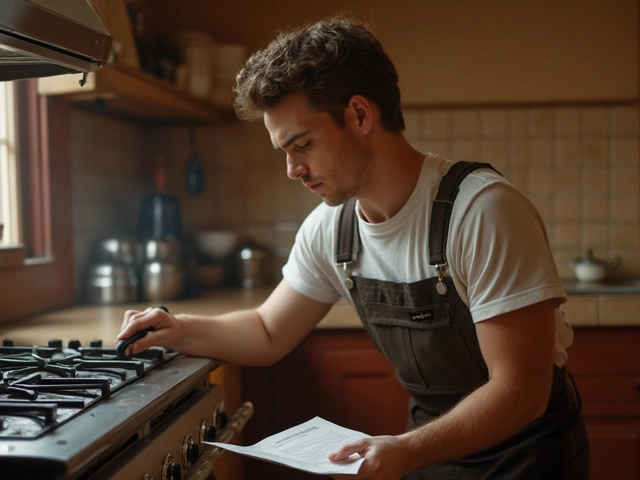If your heat pump is blowing warm air instead of cool, you’re probably feeling the heat. The good news is many of the reasons are easy to spot and fix. Below you’ll find the most common culprits and step‑by‑step actions you can take before picking up the phone.
First, remember that a heat pump works like a reversible fridge. It needs clean airflow, the right refrigerant level, and a functional thermostat. Any hitch in those systems can stop cooling in its tracks.
Many of these issues show up in our other guides, like “Heat Pump Not Blowing Warm Air? Troubleshooting & Common Fixes” and “When Is a Heat Pump No Longer Efficient?”. Those articles dive deeper into each symptom.
Before you call a technician, run through this quick checklist. You’ll need a screwdriver, a vacuum, and a flashlight.
If the unit still only blows warm air after these steps, it’s time to call a pro. Low refrigerant, a failing compressor, or electrical faults need a certified technician. Our team at Bognor Regis Appliance Repair Experts can diagnose the problem fast and get your heat pump back to cooling in no time.
Remember, regular maintenance – a quick filter swap and yearly coil cleaning – can prevent most cooling hiccups. Keep an eye on performance, and you’ll enjoy consistent comfort without expensive emergency calls.
Got more questions? Browse our related posts: “Heat Pump Lifespan in the UK”, “Heat Pump Not Blowing Warm Air?” and “When Is a Heat Pump No Longer Efficient?”. They’re packed with tips on extending life and saving energy.
Don’t let a warm‑blowing heat pump ruin your day. Check the basics, clean what you can, and call us if the problem sticks. We’ll have your home feeling cool again, fast.

Is your heat pump running but not cooling your home? Learn the real causes, expert troubleshooting tips, and practical solutions to get your comfort back.

Find out how to tell if your oven’s heating element or thermostat is busted with simple tests, warning signs, and expert tips you can trust.

AO Smith, Bradford White, and Rheem are the most durable water heater brands, often lasting 12-15 years with proper maintenance. Learn what really affects lifespan and how to make your heater last longer.

Unravel the mysteries of oven troubles with a comprehensive guide that walks you through common issues and their solutions. From unexpected cold spots to issues with heating elements, this article explores practical approaches to diagnosing and fixing your oven. Learn about signs to watch out for, potential tools needed, and tips to maintain your oven's optimal performance. Perfect for homeowners who want to save a little cash and feel empowered to tackle minor repairs before calling in the professionals. This guide makes oven repair accessible and doable for the average person.

Gas hobs can suddenly stop working for a bunch of reasons, from ignition troubles to blockages or problems with gas supply. This article breaks down the main causes, so you don't have to guess what went wrong. You'll learn easy troubleshooting steps and a few quirky facts about why these appliances get stubborn. With some quick checks, you might even save yourself a call to the repair guy. Know when it’s a simple fix and when it’s time for a pro.

Wondering how long you can cope with a broken boiler? Get clear facts, repair timelines, survival tips, and legal details so you don’t get left in the cold.